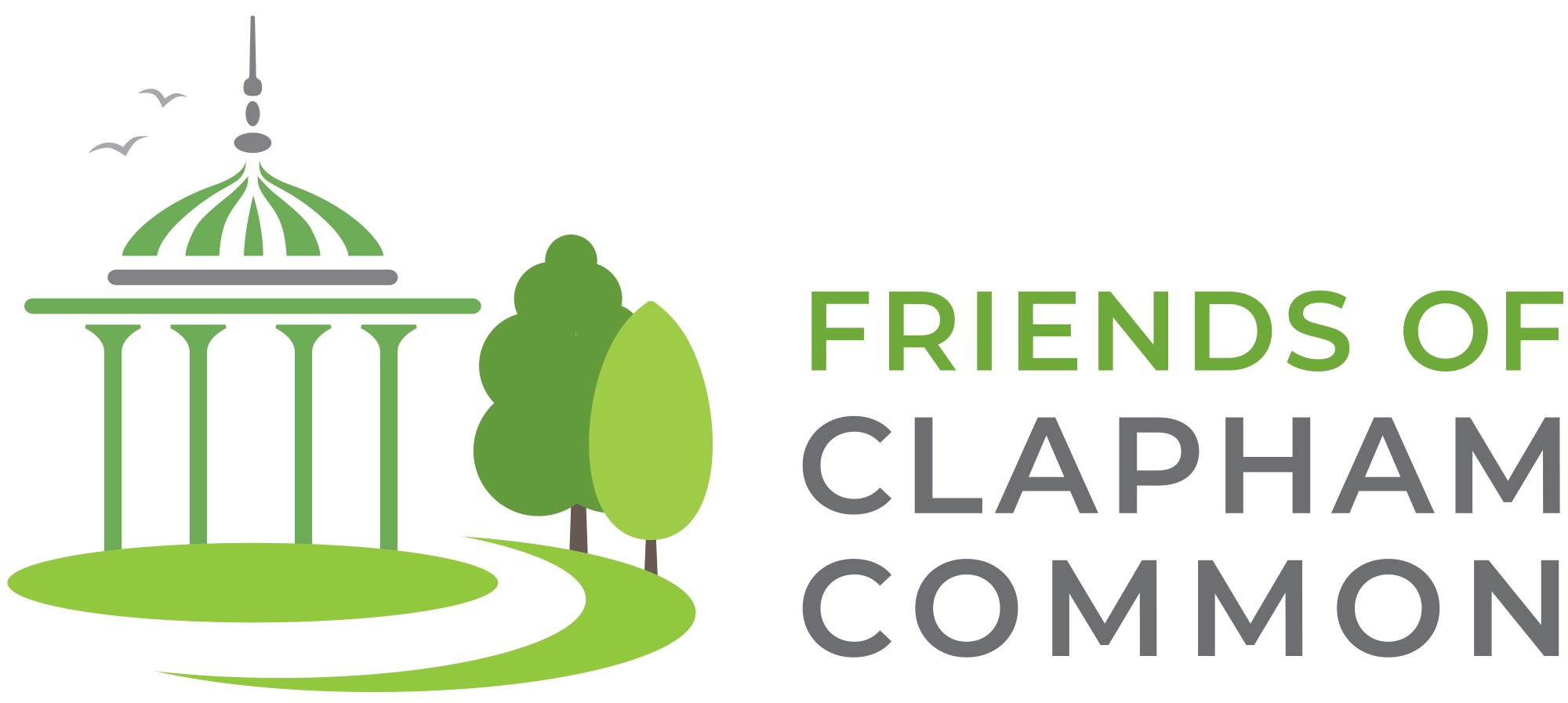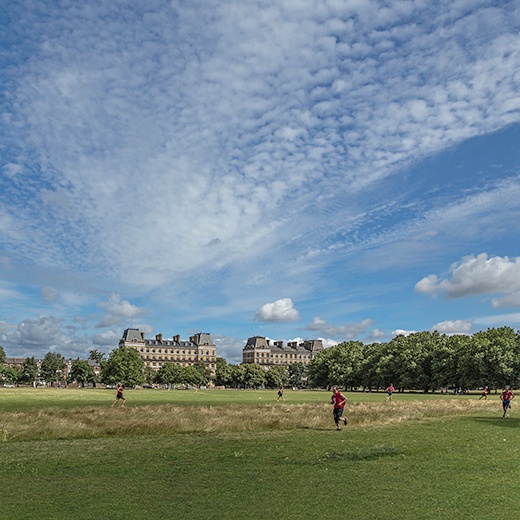Wild Clapham – a joint initiative by The Friends of Clapham Common and The Clapham Society
Wild Clapham is an exciting new initiative bringing the local community closer to the wildlife on the Common.
The Friends of Clapham Common and The Clapham Society have joined forces to fund a series of projects that will increase biodiversity and support our failing populations of bees and butterflies.
In times of crisis, Clapham Common has always stepped up to the plate. During World War II, much of the Common was dug up for allotments and used for food production. We now collectively face a global climate emergency, so Clapham Common must once again rise to the challenge and inspire us all to do more to support our native species.
We will be working with the community, local businesses, and through grant applications to raise the necessary funds to support these projects. And we’re planning a range of educational initiatives involving local schools to raise awareness about nature conservation on the Common.
Trees
Native trees support our indigenous wildlife more than those from other countries, so we have tree-planting projects across the Common planned for this autumn and winter.
This project also serves to champion and celebrate The Queen’s Green Canopy initiative for the Platinum Jubilee, encouraging all of us to plant more native trees.
Woodland regeneration
Parts of Battersea Woods have become compacted and devoid of plant life through our heavy-footfall lockdown, so we will be redefining many of the lost pathways with felled trunks and boughs to help guide people through the interior.
This will allow us to recreate planting beds for forest-floor flora including, wild garlic, ferns, bluebells and primroses. We will have a steady supply of wood-chip mulch to help recondition the soil and improve drainage, and we will be replanting through to next spring.
Wetland habitat
According to the Wildlife Trusts, a wetland is one of the most rapidly diminishing habitats in Britain. Over the last 100 years, we have lost 90% of our wetland habitat, and 10% of our wetland species may now be facing extinction.
We will be re-lining and replanting the small pond next to Eagle Pond to provide a safe home for insect and amphibious species, including dragonflies, damselflies, mayflies, frogs and newts. The planting around the pond will have 15 native wetland species, including irises, marsh marigolds and water forget-me-nots. All plants have been selected to support the wildlife.
Scrubland
Modern ecology is all about joined-up thinking – quite literally – so we will be planting islands of scrubland around the north of the Bandstand to connect Battersea woods to the wildflower meadows to the east and Nursery Woods to the south. This will create corridors of nectar for struggling insect species and provide shelter on short flights for fledglings.
Hawthorn and blackthorn are the staples of emerging scrubland, along with guelder rose, dogwood, spindle, broom and gorse. The fringes of these islands will be edged with selected wildflowers to provide vegetation and nectar for the whole life cycle of our endangered invertebrates.


